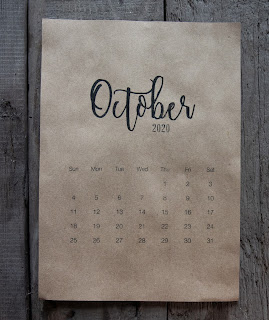Last year I clocked over 250 hours of CPD activities on my time tracking app. I knew it had been a lot, but I didn’t expect it to be that much.
This is the first time I’ve really looked at the numbers of my CPD activities and they are interesting, even though they did not, on the whole, surprise me that much.
I maintain a client-facing CPD record of formal activities related to my specialist areas, translation and professional contribution. You can find it here.
I began by analysing the numbers there. I recorded 137.75 hours of conferences, workshops and webinars in 2021. This figure does not include activities like revision clubs, conversation exchanges and mentoring, for which I don’t record specific times in this record.
These hours break down as follows:
The 60:40 split between translation/writing/revision/editing skills and specialist area knowledge was about what I expected and feels about right to me.
Last year I attended three major conferences (ITI, MET and BOND) and had the opportunity to watch any sessions I missed as all the conference were held online and recorded. This in part explains why this figure is so high. I hope to attend at least three in-person conferences next year and perhaps one online so this year might end up with a similar total.
Given the current situation, it’s unsurprising that there was such a wealth of online CPD to choose from. As well as passive webinars I was also able to attend a number of online workshops that were more interactive. I barely even used FutureLearn last year, which is my usual go-to for online courses.
I’m not sure how this compares to past years but I have been making the most of online opportunities since I started freelancing, so these figures might simply reflect a change in platform.
Next I looked at my report from Clockify. This is the time tracking tool I use to track every minute of my working day. I click start when I start an activity and stop when I stop. I’m fairly disciplined at working on what I’m tracking without distractions or breaks sneaking in too much, so I think this is a fairly accurate reflection of how I spend my time.
It’s a lot more than I’d expected and includes everything in my client record, plus:- Revision clubs for French and Spanish
- Conversation exchanges
- Preparation for CPD events, such as reading and planning
- Training on business skills (which I don't include in my client facing record)
- Some mentoring (before I added a "Professional Contribution" tag)
It doesn't include listening to podcasts or reading, which I do (mostly) for pleasure, or most professional contribution activities like editing MET's Hive or mentoring.
You can clearly see the conference season in spring. This was an unusual year as conferences were all held online making them more accessible. I would probably still try to attend at least three conferences (ITI, CIOL, MET and Bond/other client-side) when they are held in person. In fact I'm speaking at CIOL this year and have already bought my ITI Conference ticket.
So, what does this tell me about my CPD? The obvious... that I’m obsessed with CPD and probably do more than I strictly need to. But also, that I’ve got a good balance between specialist area and translation activities.
In 2022, in addition to conferences I plan to continue with revision clubs, conversation exchanges and mentoring. I’m actively looking for translation workshops to attend and keeping an eye on FutureLearn for courses in my specialist areas. My clients and their partners also regularly produce webinars that I will attend when I can.
This volume of CPD is almost certainly unnecessary, but I pride myself on my expertise and the quality of the service that means I can offer my clients. Plus, I really really enjoy it.
I would like to say a big thank you to all my revision club and conversation exchange partners. I have learned so very much from you! And to the ITI and CIOL for all their fantastic online training events!
I hope that this will inspire you to specialize in an area
that you’re passionate about so you too find CPD that you can’t get enough of.



















